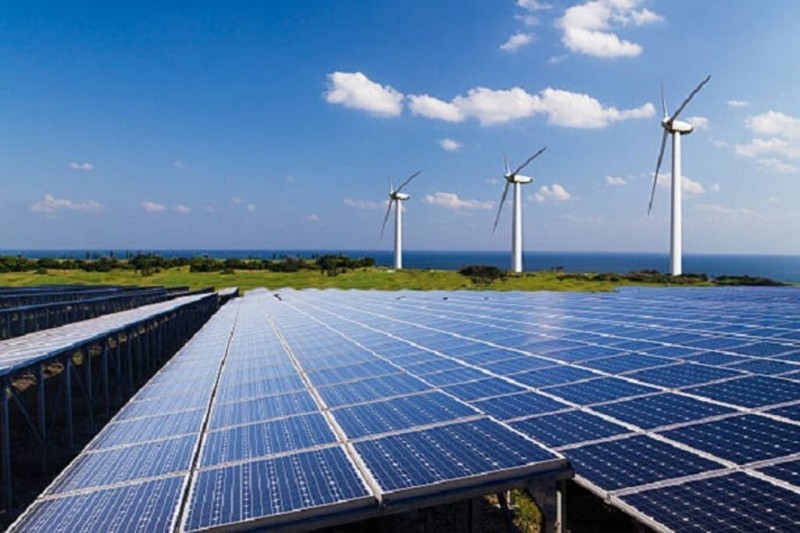Lenium, a Spanish renewable energy company, is partnering with a consortium of four Moroccan institutes to develop a solution for the production of water by capturing moisture from the air.
Dubbed the Lenium SolarWater, the project was first launched in 2021, the project is a joint effort between two Spanish institutions: the Institute of Research in Solar Energy and New Energies (IRESEN), and the Center for Industrial Technological Development of Spain (CDTI).
The consortium of Moroccan institutions consists of Green Energy Park, a green venture incubator, Agadir’s Ibn Zohr University, Ecole National Superieure d’Arts et Metiers in Rabat, and Solintel Development, a research firm.
The project’s initial schedule indicates that it would take 24 months before it becomes operational, according to a statement from Lenium.
ALSO READ: Morocco Purchases Modern sophisticated Military Drones from china
As part of the project, the company and its partners would conduct laboratory studies, modeling, simulation, and optimization work. The project would then be implemented in three countries, Morocco, Ivory Coast, and Spain, to evaluate the performance of the solution under various climatic conditions.
The Lenium SolarWater is part of the 3rd bilateral Spain-Moroccan “Inno-EspaMaroc 2021,” a program aiming to boost bilateral cooperation and know-how transfer between the two countries in energy projects.
The project comes at a time when Morocco is resorting to innovation to solve its water scarcity problem. To address the growing threat of water scarcity, Morocco is currently on track to build 20 water desalination plants, with the goal of providing a production input of one billion cubic meters of water.
As of 2016, the country held 16 desalination plants with a production capacity of 132 million cubic meters annually.
Despite the promising outlook of green water production projects, these efforts maybe not be enough to mitigate the effect of climate change on the country’s already sub-optimal water reserves. Converging reports from the World Bank warn that population growth, increasing economic activities, and urbanization, coupled with climate change “will most likely” cause a severe case of water scarcity in Morocco in the following two decades.
SOURCE: Morocco news
